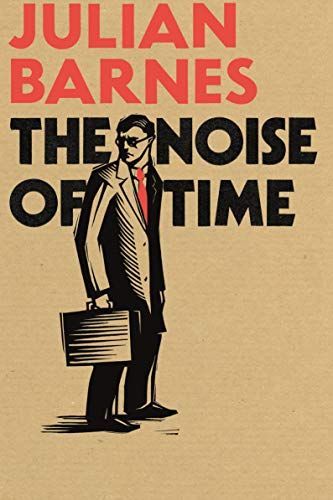
The Noise of Time
In May 1937 a man in his early thirties waits by the lift of a Leningrad apartment block. He waits all through the night, expecting to be taken away to the Big House. Any celebrity he has known in the previous decade is no use to him now. And few who are taken to the Big House ever return. So begins Julian Barnesâe(tm)s first novel since his Booker-winning The Sense of an Ending. A story about the collision of Art and Power, about human compromise, human cowardice and human courage, it is the work of a true master.
Reviews
harvey@harvey-is-asleep
Charles Siboto@charles_s
Emmett@rookbones
Brandon Eckroth@brandoneckroth
Ricky Burgess@rrricky
Hannah Swithinbank@hannahswiv
Hanna Tillmanns @verana79
Ioana Kardos@ioanakardos
Ivan Shiel@barkingstars
Sara Piteira @sararsp
Greta G.@gretaetoya
Alice Uzzan@aliceuzzan
Mutter@mutter
Sabine Delorme@7o9
Savas Yazici@savas
Brooks Bradley Leete@brooks
Liam Byrne @tvtimelimit
Barry Hess@bjhess
Kieran Richards@jebrichards
lizbet koval@lizbetkoval
Steven O'Toole@osteven
Moray Lyle McIntosh@bookish_arcadia
André Nóbrega@anobrega85
Trevor Berrett@mookse